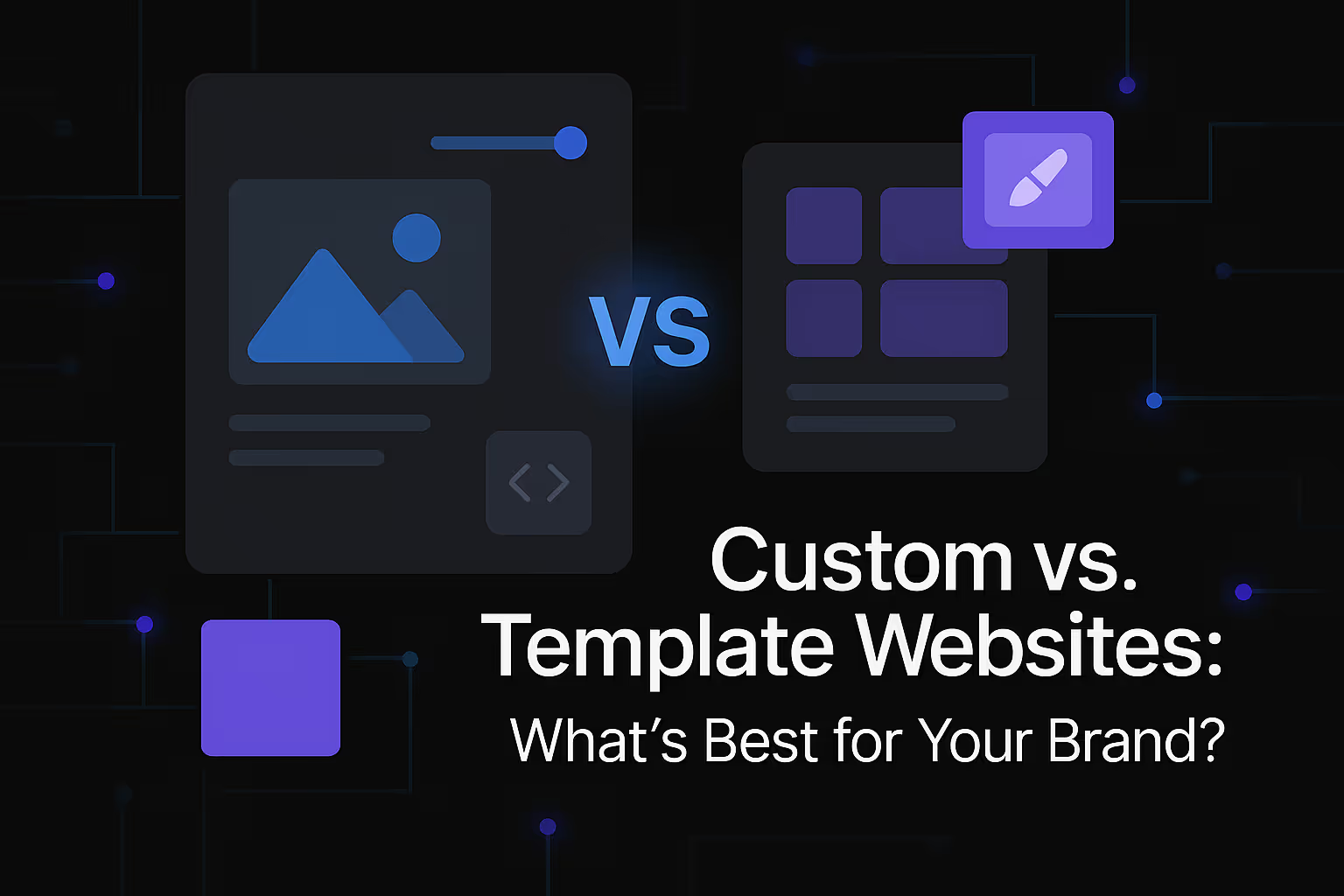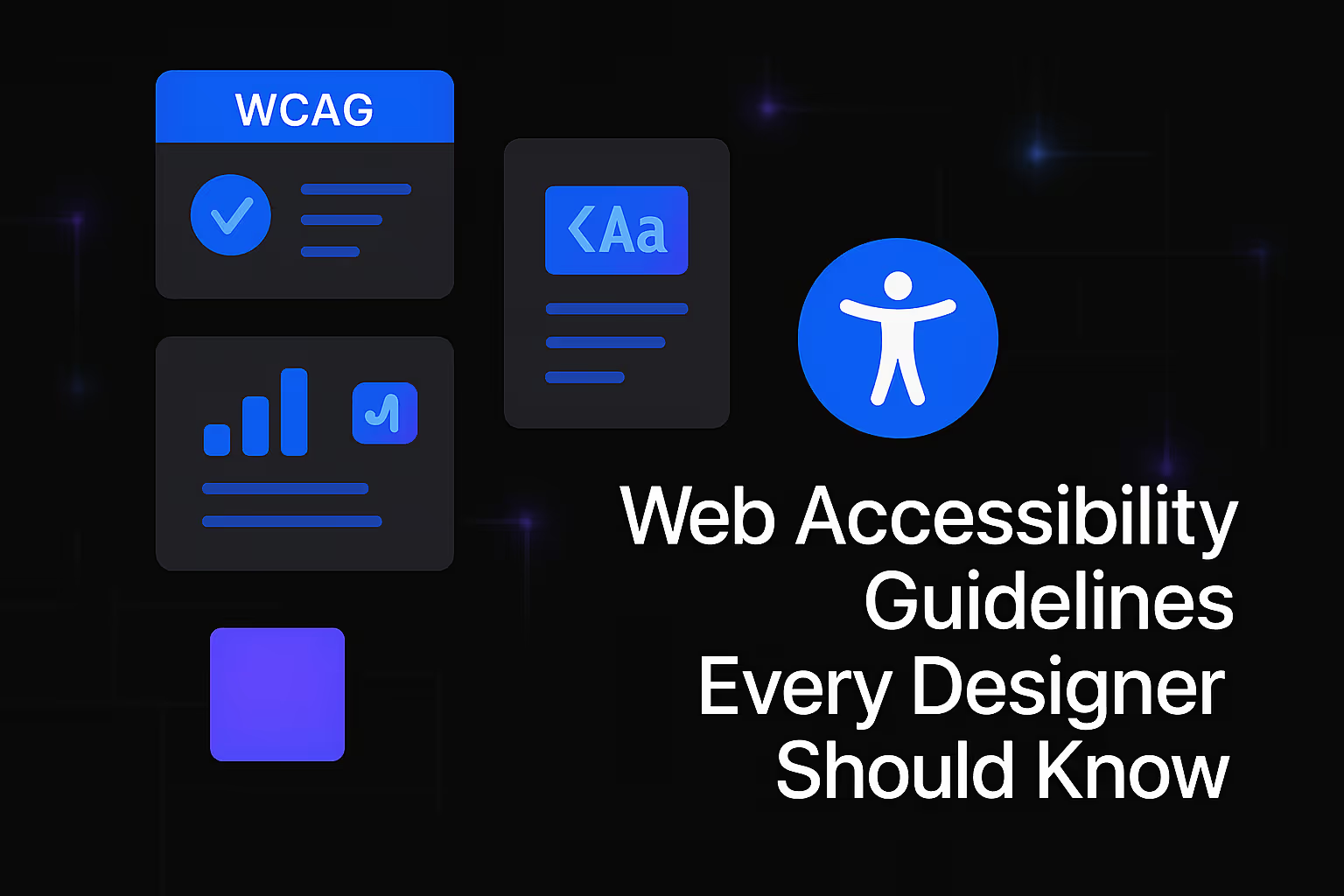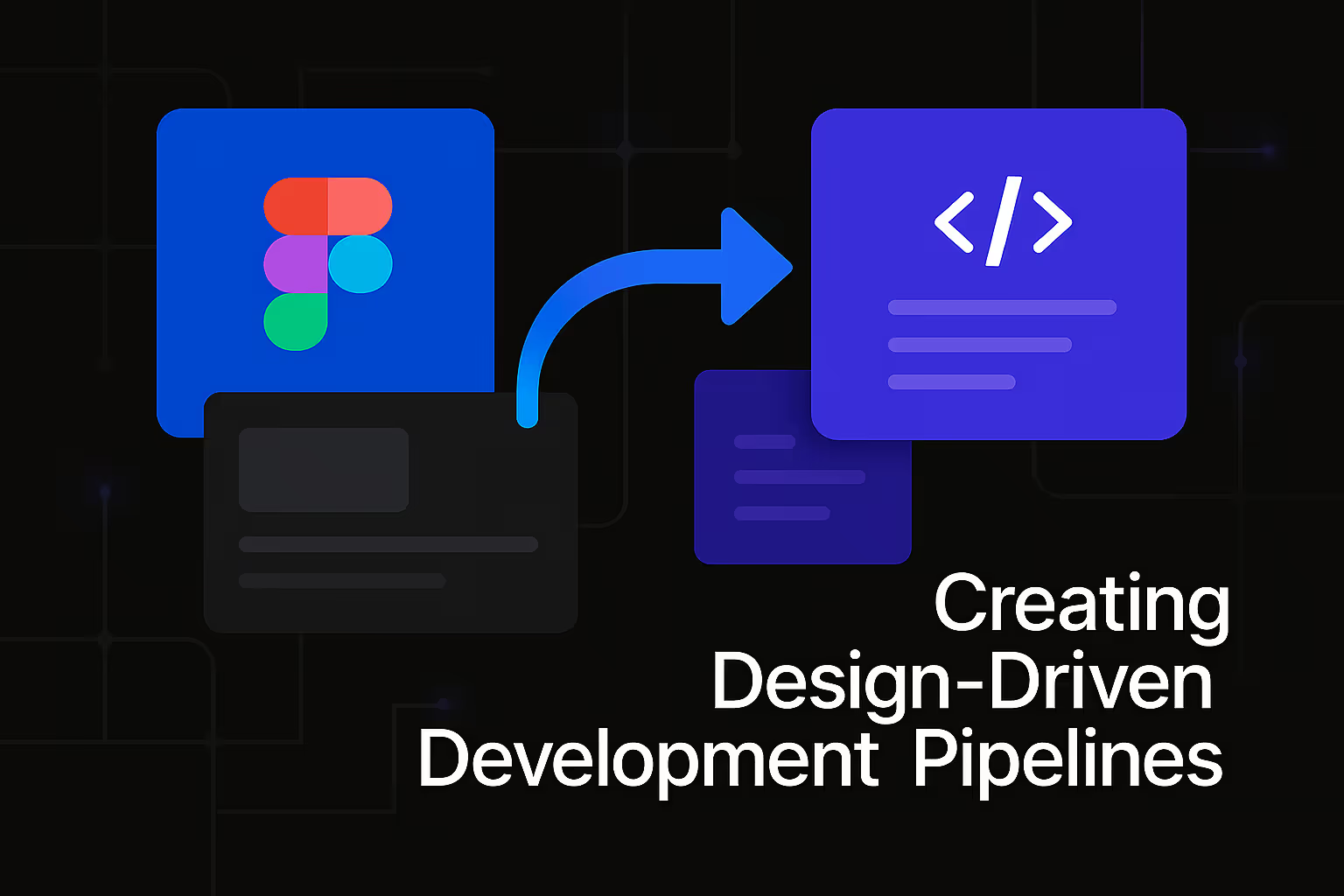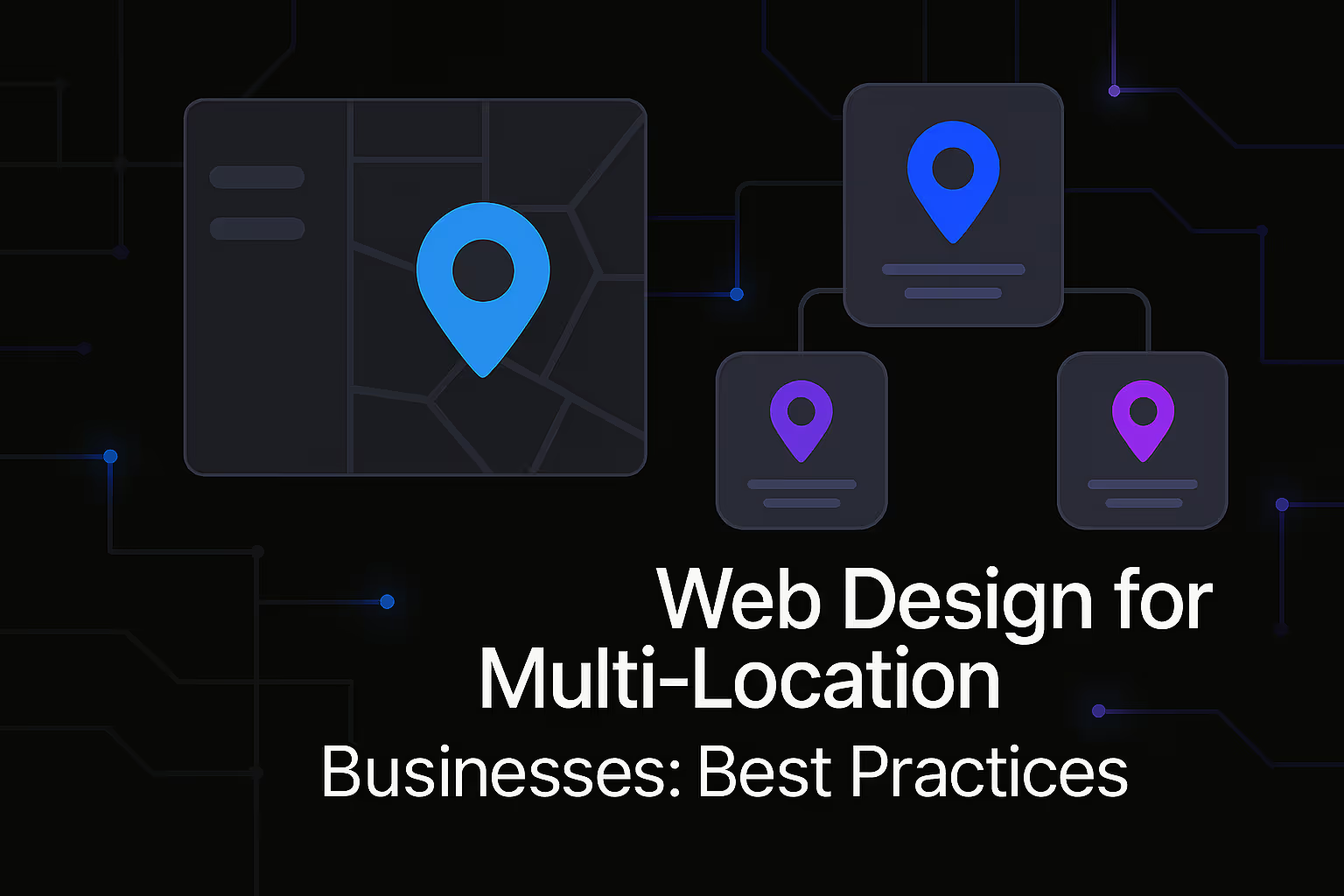Custom vs. Template Websites: What’s Best for Your Brand?

The digital storefront of your brand, your website, is often the first interaction a potential customer has with your business. In an increasingly competitive online landscape, the choice between a custom-built website and a template-based solution is a pivotal decision that can significantly impact your brand’s online presence, operational efficiency, and long-term growth. This is not merely a technical decision; it is a strategic one that directly influences your brand identity, user experience, and ultimately, your return on investment. Understanding the profound differences, the advantages, and the limitations of each approach is essential for any brand aiming to establish a robust and effective digital foundation.
Navigating the complexities of website development requires a clear understanding of your brand’s immediate needs, future aspirations, and available resources. A template website offers a quick and often budget-friendly entry into the online world, providing pre-designed structures that accelerate deployment. Conversely, a custom website is an investment in a bespoke digital experience, meticulously crafted to align with every facet of your brand’s unique vision and operational requirements. This comprehensive exploration delves into the nuances of both options, equipping you with the insights necessary to make an informed decision that truly serves your brand's best interests.
Understanding Template Websites
Template websites, at their core, utilize pre-designed layouts and functionalities that can be adapted with your content, images, and branding elements. Platforms like WordPress with popular themes, Squarespace, Wix, and Shopify are prime examples of ecosystems where template-based solutions thrive. These platforms offer a streamlined approach to web design, allowing individuals and businesses to establish an online presence with relative ease and speed.
The Appeal of Pre-Built Solutions
One of the most compelling advantages of a template website is its speed of deployment. Instead of building from scratch, you begin with a nearly complete structure, significantly reducing the time required to go live. For startups, small businesses, or projects with tight deadlines, this rapid deployment can be a critical factor in quickly bringing products or services to market. The inherent simplicity of these platforms means that even individuals with limited technical expertise can manage and update their sites, often through intuitive drag-and-drop interfaces. This accessibility lowers the barrier to entry for digital engagement, empowering a wider range of businesses to establish an online footprint.
Cost-effectiveness is another major draw. Template platforms typically operate on a subscription model, offering various tiers that include hosting, basic functionalities, and access to a library of themes. The initial outlay and ongoing expenses are generally much lower compared to the investment required for a custom-built site. This predictable cost structure can be highly appealing for businesses operating with constrained budgets, allowing them to allocate resources to other critical areas of operation. Furthermore, many templates are designed with a degree of responsiveness, meaning they adapt to different screen sizes, ensuring a basic level of mobile compatibility without extensive additional development.
The Inherent Limitations
While template websites offer undeniable convenience, they come with a set of limitations that can impact a brand’s long-term growth and unique identity. The primary drawback lies in limited customization. While you can change colors, fonts, and images, the core layout and functionality are often fixed. This can lead to a generic aesthetic, making it challenging for your brand to stand out in a crowded digital marketplace. If your brand has a highly specific vision or requires unique interactive elements, a template may quickly prove restrictive, forcing compromises that dilute your brand message.
Scalability can also become a significant hurdle. As your business expands and its digital needs evolve, a template website might struggle to accommodate new functionalities, integrations with third-party systems, or significant increases in traffic. Adding complex features or custom databases often requires workarounds or migrating to a different solution entirely, which can be both time-consuming and expensive in the long run. The underlying code of template sites is generally not optimized for highly specific performance enhancements or advanced SEO tactics, which can impact visibility and user experience as your site grows.
Regarding SEO optimization, template websites can present challenges. While most platforms provide basic SEO settings like meta descriptions and title tags, the underlying code can sometimes be bloated or less efficient, potentially hindering crawlability and indexing by search engines. Achieving top-tier search rankings often requires granular control over code structure, server response times, and sophisticated schema markup, which is frequently limited in template environments. This can make it harder to compete effectively for highly competitive keywords and to implement advanced strategies crucial for long-term organic growth.
Understanding Custom Websites
A custom website is developed from the ground up, designed and coded specifically to meet the precise requirements and vision of a single brand. This approach involves a collaborative process between the brand and a team of web designers and developers, culminating in a unique digital product that is truly one-of-a-kind.
The Unrivaled Advantages of Bespoke Development
The most significant advantage of a custom website is its unparalleled flexibility and control. Every element, from the visual design and user interface to the backend functionality and database structure, is tailored to your brand. This means your website can perfectly embody your brand identity, reflecting its unique aesthetic, values, and messaging without compromise. You have complete control over the user experience, allowing you to design intuitive navigation, bespoke interactive elements, and a seamless journey for your audience. This level of precision ensures that your website isn't just a digital brochure but a dynamic extension of your brand, engineered for engagement and conversion.
Superior scalability is another critical benefit. A custom website is built with your future growth in mind. As your business expands, new features can be seamlessly integrated, additional pages or functionalities can be added without breaking the existing structure, and the website can handle increasing traffic volumes efficiently. Whether you plan to introduce new product lines, expand into international markets, or integrate with advanced CRM systems, a custom solution provides the architectural flexibility to adapt and evolve alongside your business needs. This forward-thinking approach prevents the costly and disruptive need for complete website overhauls every few years.
From an SEO optimization standpoint, custom websites offer significant advantages. Developers have complete control over the code, allowing for clean, lightweight, and highly optimized structures that search engines favor. This means better control over page load speeds, crucial for both user experience and search rankings. You can implement advanced technical SEO strategies, such as custom schema markup, precise canonicalization, efficient internal linking, and optimal crawl budget management, which are often difficult or impossible to achieve with template solutions. This granular control allows for aggressive pursuit of high organic visibility, ensuring your brand ranks for competitive keywords and attracts highly qualified traffic. Furthermore, custom sites can be built with accessibility standards in mind from the outset, broadening your audience and enhancing your SEO performance.
The Investment and Time Commitment
The profound benefits of a custom website naturally come with certain trade-offs, primarily in terms of initial cost and development time. Building a unique website from scratch requires significant investment in expert labor – designers, developers, content strategists, and SEO specialists. This translates to a higher upfront financial commitment compared to the subscription fees of template platforms. However, it's crucial to view this as an investment in a strategic asset that delivers long-term value, rather than merely an expense.
The development timeline for a custom website is also considerably longer. The process involves extensive planning, design mock-ups, development sprints, rigorous testing, and content integration. While this methodical approach ensures a high-quality, perfectly tailored product, it means that your website will not be live as quickly as a template site. Brands considering a custom build must factor in this extended timeline, especially if their market entry or campaign launch is time-sensitive. Despite the longer initial period, the robustness and future-proofing of a custom site often justify the extended development phase, providing a stable foundation for years to come.
Key Considerations for Your Brand
The decision between a custom and template website is not one-size-fits-all. It hinges on a careful assessment of several critical factors unique to your brand's current situation and future aspirations.
Brand Identity and Uniqueness
Your website is a direct reflection of your brand. If your brand thrives on distinctiveness and a unique aesthetic, a custom website is almost certainly the superior choice. It allows for the creation of an entirely original visual language, interactive elements, and user flows that resonate precisely with your brand's personality and target audience. This level of bespoke design ensures that your online presence is memorable and differentiates you from competitors.
In contrast, while templates offer convenience, they often lead to a "cookie-cutter" appearance. Many businesses using the same popular template might end up with strikingly similar layouts, potentially diluting your brand's unique identity. If your brand's core value proposition lies in its individuality, relying on a template could inadvertently undermine your messaging and make it harder to forge a strong, recognizable brand image in the minds of your audience.
Budget and Resources
Financial considerations are often a primary driver in this decision. Template websites are significantly more budget-friendly in the short term, requiring lower upfront costs and predictable monthly or annual subscription fees. They are an excellent option for startups, small businesses, or individuals with limited capital who need to establish an online presence quickly and affordably. The cost structure of templates makes them accessible and manageable for tighter financial envelopes.
Conversely, a custom website requires a more substantial financial investment upfront. This investment covers the extensive labor of designers, developers, and project managers involved in creating a bespoke solution. However, it's essential to consider the long-term return on investment (ROI). A custom site, with its tailored functionalities, superior SEO capabilities, and scalability, can often generate higher conversions, better engagement, and greater organic visibility over time, potentially recouping its initial cost through enhanced business performance. Businesses with robust funding or a clear understanding of the long-term value of a strategic digital asset may find the higher initial cost justifiable.
Scalability and Future Growth
Consider your brand's trajectory. Do you anticipate significant growth in products, services, or customer base? Will you need to integrate complex third-party systems, expand into new markets, or implement advanced functionalities like AI-driven chatbots or personalized user experiences?
A custom website is inherently designed for scalability. Its modular architecture allows for the seamless addition of new features and expansions without disrupting the existing infrastructure. This means your website can evolve alongside your business, adapting to new demands and technological advancements without requiring a complete rebuild. It's an investment in a future-proof digital asset, capable of supporting sustained growth and innovation.
Template websites, while easy to start with, can quickly become limiting as your business scales. Their pre-defined structures often restrict the ability to add complex, custom functionalities or integrate deeply with specialized business tools. As your needs grow more sophisticated, a template solution might become a bottleneck, potentially forcing a costly and time-consuming migration to a custom platform.
SEO and Online Visibility
For any brand operating online, SEO optimization is paramount. Your website's ability to rank highly in search engine results directly translates to increased organic traffic and potential customers.
A custom website offers unparalleled control over technical SEO elements. Developers can ensure clean code, optimal site speed, precise semantic markup (schema.org), and a highly efficient internal linking structure. This granular control allows for meticulous optimization, enabling your brand to target specific keywords, improve crawlability, and enhance its authority in the eyes of search engines. The flexibility of a custom build means you can implement advanced SEO strategies tailored to your unique niche, giving you a competitive edge in search rankings.
While most template platforms offer basic SEO settings, they often lack the depth and flexibility required for aggressive, top-tier SEO performance. The underlying code of templates can sometimes be less efficient, potentially leading to slower load times or limitations in implementing complex structured data. While you can certainly rank with a template site, achieving the absolute highest levels of organic visibility, especially in highly competitive industries, is often more challenging without the full technical control a custom build provides.
User Experience (UX) and Functionality
The user experience (UX) of your website directly impacts engagement, conversion rates, and brand perception. A custom website allows for the creation of a truly bespoke UX, designed with your specific target audience in mind. Every interaction, every navigation path, and every piece of content can be optimized to provide a seamless, intuitive, and highly satisfying experience. This tailored approach can significantly enhance user satisfaction, encouraging longer visits, repeat engagement, and higher conversion rates. Custom functionality can also be built to solve specific user problems or enhance unique aspects of your service, further elevating the user experience.
Template websites, by nature, offer a more standardized user experience. While many templates are well-designed and intuitive, they are built to cater to a broad audience, meaning they might not perfectly align with the unique nuances of your brand's specific user journey. If your business relies heavily on a particular interactive feature, a specialized form, or a unique customer portal, a template might not offer the necessary functionality, potentially forcing compromises that detract from the overall user experience.
Maintenance and Support
The longevity and reliability of your website depend significantly on ongoing maintenance and support. With a custom website, you typically have a dedicated development team or individual who understands the intricate architecture of your site. This allows for proactive maintenance, swift bug fixes, and efficient implementation of updates or security patches. While this comes at a cost, it ensures that your website remains secure, performs optimally, and evolves with technological changes, protecting your investment.
Template platforms, on the other hand, manage much of the backend maintenance, security updates, and infrastructure for you. This can be a considerable advantage for businesses without dedicated IT staff. However, if an issue arises with your specific theme or a custom integration, troubleshooting can sometimes be more challenging as you are dependent on the platform’s support system, which may not offer the granular, personalized assistance a custom development team provides. Furthermore, while the platform handles core updates, ensuring your specific content and customizations remain compatible with these updates can sometimes require minor adjustments on your part.
Time to Market
How quickly do you need your website live? This question often plays a decisive role. Template websites offer a significantly faster time to market. You can select a template, populate it with content, and have a functional website online in a matter of days or weeks. This rapid deployment is ideal for short-term campaigns, product launches that require immediate online presence, or businesses that need to establish a basic digital footprint without delay.
A custom website, by its very nature, demands a longer development cycle. The process involves detailed planning, iterative design, extensive coding, and thorough testing. This can take several months, depending on the complexity of the project. While this extended timeline ensures a meticulously crafted and highly optimized final product, it requires strategic foresight and patience. Businesses with long-term digital strategies and less immediate pressure to go live can afford this investment of time for a superior outcome.
Making the Right Decision
The optimal choice between a custom and template website ultimately hinges on a confluence of your brand's unique characteristics, strategic objectives, and available resources. There is no universally "best" option; rather, it is about aligning the website solution with your specific needs.
For startups, small businesses, or individual entrepreneurs with limited budgets and a need for rapid deployment, a template website often serves as an excellent starting point. It provides an affordable and accessible way to establish an online presence, validate business ideas, and begin engaging with an audience. If your brand's visual identity can be effectively communicated within the confines of a template, and your initial functional needs are straightforward, a template solution allows you to allocate resources to other critical areas, such as marketing or product development. It’s a practical solution for getting off the ground quickly without significant technical overhead.
However, for established businesses, growing enterprises, or brands with a strong, distinctive identity and complex functional requirements, a custom website emerges as the more strategic and powerful investment. If your brand aims for unparalleled uniqueness, requires bespoke integrations, or demands a highly specific user experience that cannot be achieved with pre-built solutions, custom development is the clear path. Furthermore, if long-term SEO dominance, advanced analytics, and the ability to scale without limitations are paramount to your business strategy, the control and flexibility offered by a custom build are indispensable. A custom website is a fundamental asset for brands looking to truly differentiate themselves, drive significant organic growth, and build a lasting digital legacy.
Consider the long-term vision for your brand. Will your website need to handle increasing traffic, new product lines, or evolving customer interactions? Will you need to integrate with specialized internal systems or offer highly personalized experiences? If the answer points towards complexity, growth, and unique expression, then the initial investment in a custom website will likely yield far greater dividends over time, preventing costly migrations or compromises in the future.
Conclusion
The decision between a custom website and a template website is a strategic crossroads for any brand navigating the digital landscape. While template solutions offer an expedient and cost-effective entry point, providing a quick path to an online presence, they come with inherent limitations in terms of customization, scalability, and granular SEO control. They are a practical choice for immediate needs and brands with less complex requirements.
Conversely, a custom website represents a significant investment in a tailor-made digital asset, offering unparalleled flexibility, complete control over design and functionality, superior scalability for future growth, and optimal conditions for advanced SEO performance. This bespoke approach ensures your website is a true extension of your brand identity, delivering a unique and highly optimized user experience.
Ultimately, the "best" choice is the one that most closely aligns with your brand's specific goals, budget, anticipated growth, and long-term vision. By carefully evaluating these factors and understanding the profound implications of each path, brands can make an informed decision that lays a robust foundation for enduring success in the dynamic digital realm. Your website is more than just an online brochure; it is a critical business tool and a direct representation of your brand's commitment to excellence. Choosing wisely will empower your brand to thrive.
Similar Insights
Stay Updated with Our Insights
Join our newsletter for the latest trends and tips in web development and digital marketing.




